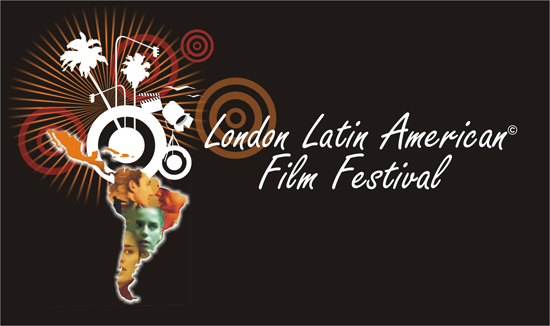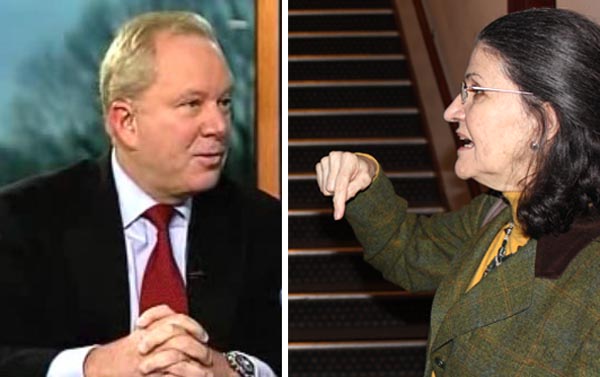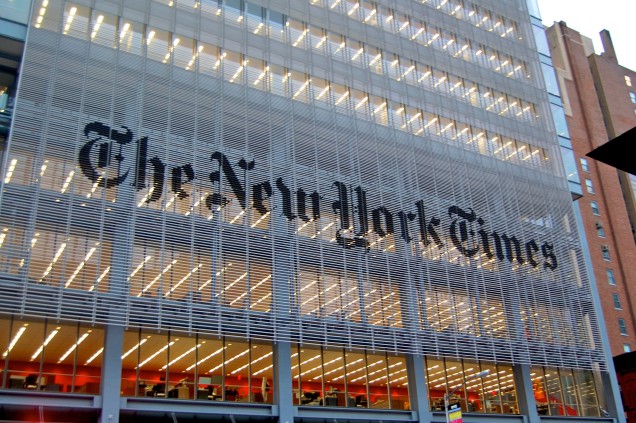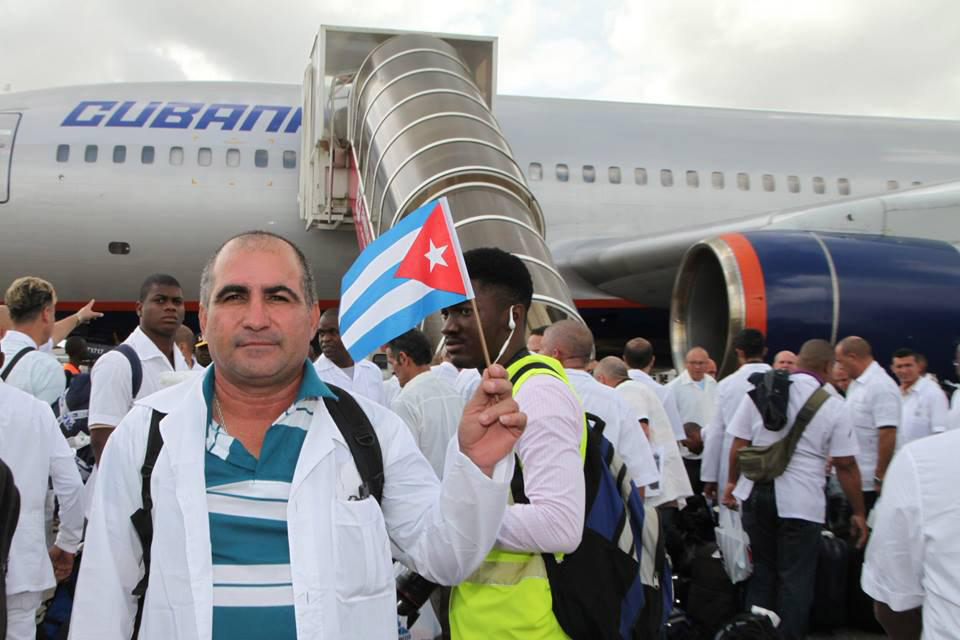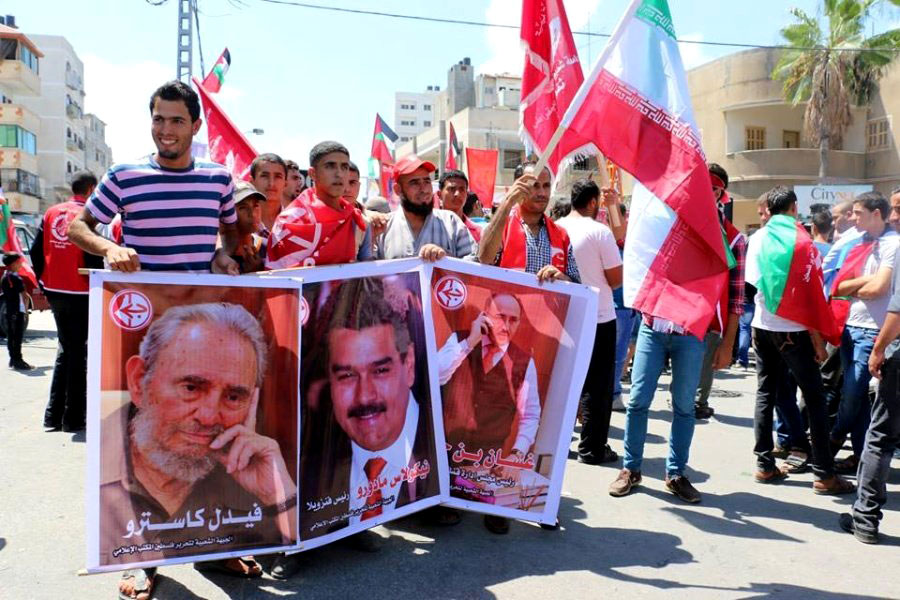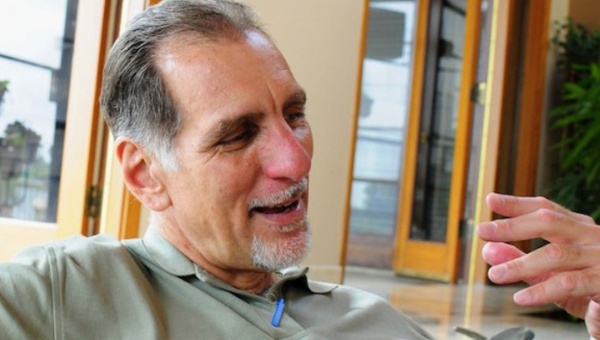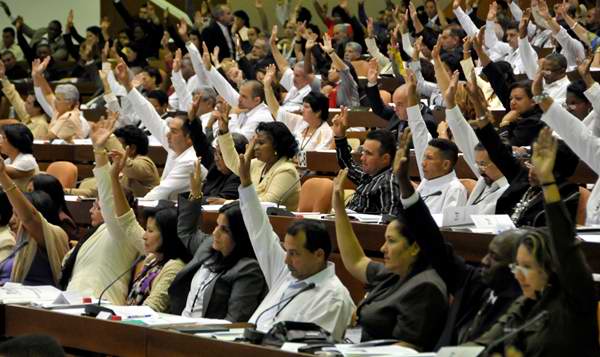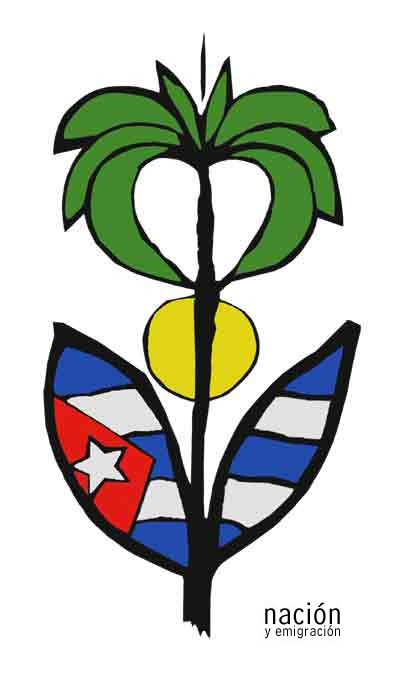- Detalles
-
Publicado: Viernes, 03 October 2014 09:14
Files documenting plans for airstrikes and the sending of Marines are being posted online and published in a new book, “Back Channel to Cuba.”
Newly released files reveal that in 1976, Henry Kissinger, then U.S Secretary of State, planned to launch airstrikes against Havana, strike ports and military installations in Cuba and send Marine battalions to the U.S. Naval Base at Cuba’s Guantanamo Bay.
The information, revealed by the New York Times, is contained in documents from the National Security Archives being posted online and published in “Back Channel to Cuba,” a new book written by William M. LeoGrande, a professor of government at American University, and Peter Kornbluh, the director of the Archive’s Cuba Documentation Project.
Kornbluh explains that Kissinger, Secretary of State from 1973 to 1977, had considered improving relations with Cuba, but he was infuriated by Fidel Castro’s decision to send troops to Angola in 1975 to help the newly independent country defend itself against attacks from South Africa and right wing guerrilla forces.
According to one transcript, Kissinger stated to President Gerald Ford in a 1976 meeting in the Oval Office, “I think sooner or later we are going to have to crack the Cubans.”
“You can see in the conversation with Gerald Ford that he is extremely apoplectic,” Kornbluh said, adding that Kissinger used “language about doing harm to Cuba that is pretty quintessentially aggressive.”
The documents indicate that Kissinger wanted to propose an attack on Cuba after the 1976 presidential election, but Jimmy Carter won thereby foiling his plans, Mr. LeoGrande is reported to have said.
He added that Kissinger was so furious about Fidel Castro upsetting his plans for Africa that he was ready to “clobber the pipsqueak.”
Kissinger was prepared to use scores of aircraft against Cuban ports and warned that the United States could risk losing its base at Guantànamo.
His plans also called for a military blockade of Cuba even though, he warned, that such measures would probably lead to a conflict with the Soviet Union, a top ally of Cuba at the time.
“If we decide to use military power, it must succeed,” Mr. Kissinger said in one meeting. “There should be no halfway measures — we would get no award for using military power in moderation. If we decide on a blockade, it must be ruthless and rapid and efficient.”
Source: Telesur

